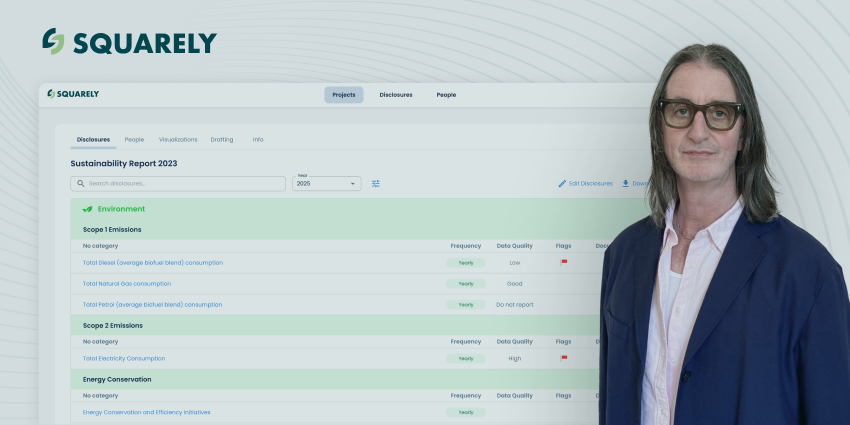Understanding the Corporate Sustainability Due Diligence Directive (CSDDD) and Its Impact on Middle Eastern Companies
Inspired by France’s “loi de vigilance” and Germany’s Supply Chain Sourcing Obligations Act (LkSG), the directive aims to address issues such as child labor, slavery, labor exploitation, pollution, and biodiversity loss.
The Corporate Sustainability Due Diligence Directive (CSDDD) is a significant legislative development in the European Union (EU) aimed at promoting responsible business practices and ensuring compliance with environmental and human rights standards. As the global focus on sustainability intensifies, this directive is set to have far-reaching implications, including for companies based in the Middle East. Here’s what you need to know about the CSDDD and its potential impact on Middle Eastern businesses and economies.
What is the CSDDD?
The CSDDD is an EU directive that mandates companies to identify, assess, and mitigate adverse impacts on human rights and the environment within their operations, subsidiaries, and supply chains. Inspired by France’s “loi de vigilance” and Germany’s Supply Chain Sourcing Obligations Act (LkSG), the directive aims to address issues such as child labor, slavery, labor exploitation, pollution, and biodiversity loss. Companies are required to integrate due diligence into their corporate strategy and align their business models with the Paris Agreement’s goal of limiting global warming to 1.5 degrees Celsius.
Who Needs to Comply?
The directive targets large EU limited liability companies and non-EU companies with significant activity in the EU. Specifically:
- EU companies with 500+ employees and a net worldwide turnover of €150 million.
- Non-EU companies with €150+ million net turnovers generated in the EU.
Impact on Middle Eastern Companies
While the CSDDD directly targets EU-based companies, its ripple effects will be felt by Middle Eastern companies, particularly those with business ties to the European market. Here are the key ways in which the directive may impact businesses in the Middle East:
- Supply Chain Scrutiny: Middle Eastern companies in the supply chain of EU-based businesses will need to comply with the CSDDD’s due diligence requirements, necessitating assessments and mitigation of environmental and human rights impacts.
- Market Access: Compliance with the CSDDD could become a condition for accessing the EU market. Non-compliant Middle Eastern companies may face entry barriers or lose competitiveness in Europe.
- Investment and Financing: The directive may influence investment and financing decisions, with EU investors and financial institutions favoring companies that adhere to the CSDDD’s standards.
- Legal and Reputational Risks: Non-compliance could expose Middle Eastern companies to legal risks, including fines and litigation, as well as reputational damage, affecting their relationships with EU partners and customers.
- Adoption of Best Practices: The CSDDD could encourage Middle Eastern companies to adopt best practices in sustainability and human rights, aligning their operations with international standards.
Preparing for the CSDDD
To navigate the impact of the CSD, Middle Eastern companies should:
- Conduct due diligence assessments of their operations and supply chains.
- Enhance transparency and reporting mechanisms.
- Collaborate with EU partners to ensure alignment with the directive’s standards.
- Monitor developments related to the CSDDD and adapt their strategies accordingly.
The CSDDD represents a significant step towards a more sustainable and responsible global business environment. Though it primarily targets EU-based companies, its implications extend to Middle Eastern companies with ties to the European market. By proactively addressing the requirements of the CSDDD, Middle Eastern businesses can maintain and strengthen their relationships with the EU, while contributing to global sustainability efforts. At Sustainable Square, we have experts in sustainability, particularly in climate change and human rights, who can support companies in navigating this upcoming regulation. Please feel free to engage with us to learn more.


